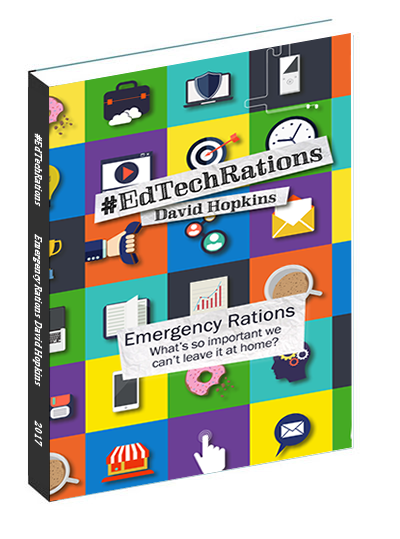CMALT: (2A) Teaching & Learning
“Candidates should demonstrate their understanding of and engagement with teaching, learning and assessment processes. ‘Engagement’ may include using understanding to inform the development, adaptation or application of technology.”
2A: An understanding of teaching, learning and/or assessment processes
“Statements here might relate to areas such as teaching experience, learning design, curriculum development, work-based assessment, the creation and execution of a programme of training and so on … Evidence might include being on the register of the Higher Education Academy, a PGCE award, having completed a SEDA-approved course or undertaken relevant sections of the FERL Practitioners Programme or Certified E-Learning Professional courses. Commentaries from peers on your approach would also provide suitable evidence. Other possibilities include teaching experience, reflective statements that analyse experience in terms of learning theory, pedagogic approaches, sociological theories, or a comparable, recognised perspective. In relation to learning design, a report, specification or reflective statement might be provided that clearly elaborates the principles that informed the design process. In any collection of evidence there should be some consideration of how technology is changing approaches to teaching and learning and/or the roles of learners, teachers and support staff.”
In 2011 I completed and passed (with Merit) the Post Graduate Certificate in Education Practice at Bournemouth University (see Supporting Evidence item 1). I was also awarded Fellow status with the Higher Education Academy (see Supporting Evidence item 2) as a result of this qualification. I consider this a great honour as I believe I have been able to show my abilities to an academic panel and gain their recognition for it.
One of the assignments I completed for this course was entitled “Develop a guide to support students, who study and engage with each other online, on Internet etiquette: ‘Netiquette’.” (see Supporting Evidence item 3), which was based around the work I did in supporting students, and sometimes staff, who study the fully-online undergraduate BA (Hons) International Business and Management (BIBM) degree at Bournemouth University.
I want to include this work here as the assignment involved reflected on my previous work with staff and students on how they have used different online methods of communication (email, discussion boards, wikis, chat rooms, instant/Internet messaging services, etc), and how we needed to ‘instruct’ students (and sometimes staff) to utilise these tools effectively and efficiently. The assignment covered the fact that:
“introduction to more important aspects of your behaviour online is often overlooked in guides and training for online communication. How your online activity is perceived by someone who is unable to take visual cues from the way you present the information (head/hand gestures, vocal volume and tonal inflection, use of language, etc).”
The students studying online were provided with a pre-arrival, or pre-induction, website (see Supporting Evidence item 4) which was updated on an annual basis (once a Programme Review had been completed). This website, designed and implemented by myself, covered many aspects of the programme of study, as well as the skills they will need to be students in the modern, virtual world. Within these skills are the basic forms of ‘netiquette’, or ‘Internet-etiquette’. Good netiquette involves respecting others’ privacy and not doing anything online that will annoy or frustrate other people.
The work here has, unfortunately, not progressed any further than the initial guide created for the assignment. This was not deliberate choice by myself or the programme team, the lack of progress was purely the casualty of a heavy workload and a shift in the priority. Feedback I received from the team was positive but the development time required was not in line with the time required for other more pressing duties on the programme. I intended to revisit the guide before leaving Bournemouth but it was not recognised as important. I still have the intention of revisiting the specification as part of my new role at the University of Leicester. Further developmental ideas I have had, with the ability to reflect on the original proposal, include innovative use of video as well as graphics and cartoons to highlight the different situations we could find ourselves in when we use the different (and growing) list of digital communication systems.
Supporting Evidence:
- Scanned PG Cert Certificate (PDF download)
- Scanned FHEA Certificate (PDF download)
- Develop a guide to support students, who study and engage with each other online, on Internet etiquette: ‘Netiquette’
- BIBM Pre-arrival / pre-induction website (link broken)
Portfolio pages:
- 1A. An understanding of the constraints and benefits of different technology
- 1B. Technical knowledge and ability in the use of learning technology
- 1C. Supporting the deployment of learning technologies
- 2A. An understanding of teaching, learning and/or assessment processes
- 2B. An understanding of your target learners
- 3A. Wider context
- 4A. Communications
- 5. Specialism
- 6. Future plans
- 2017: Review


















